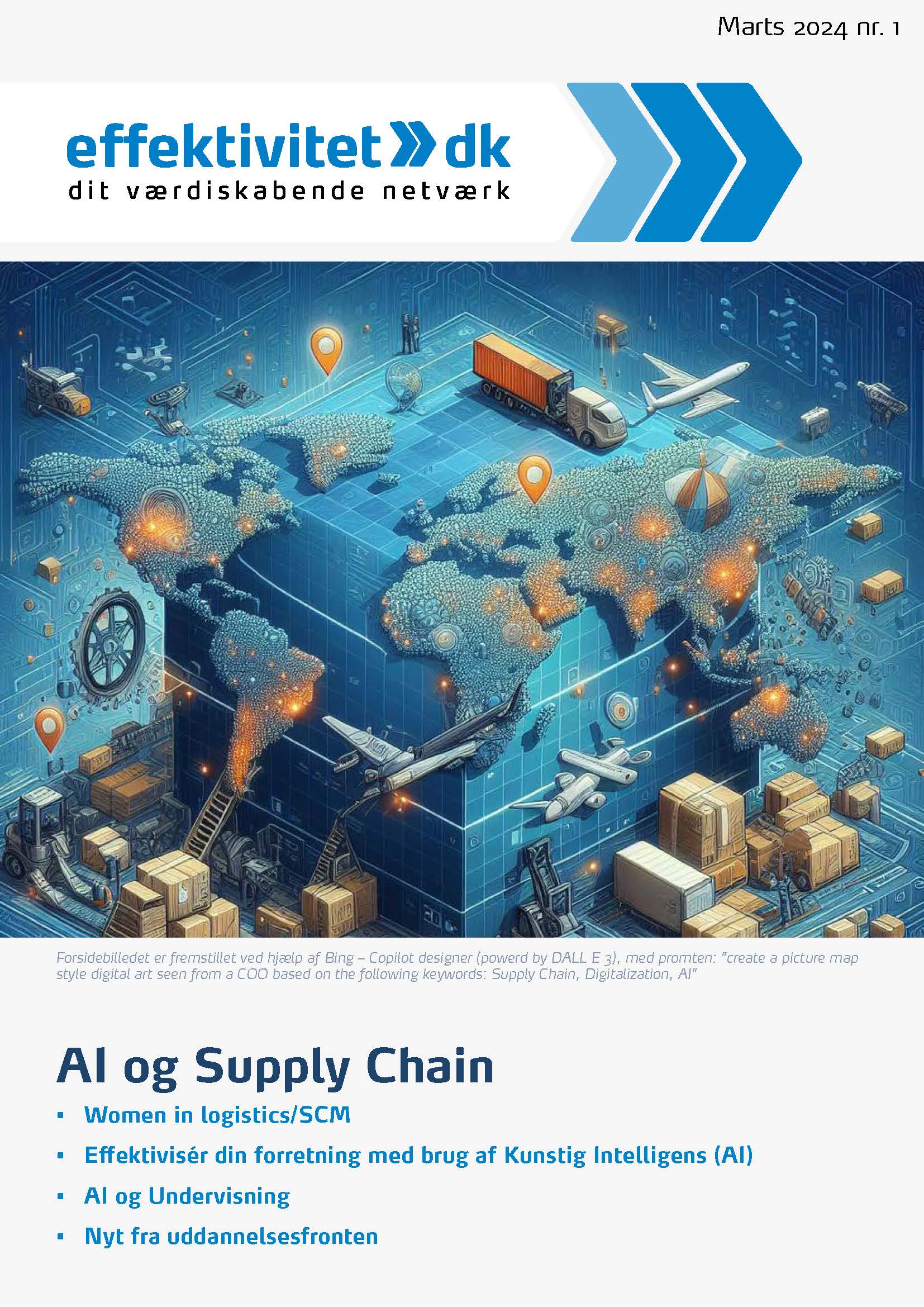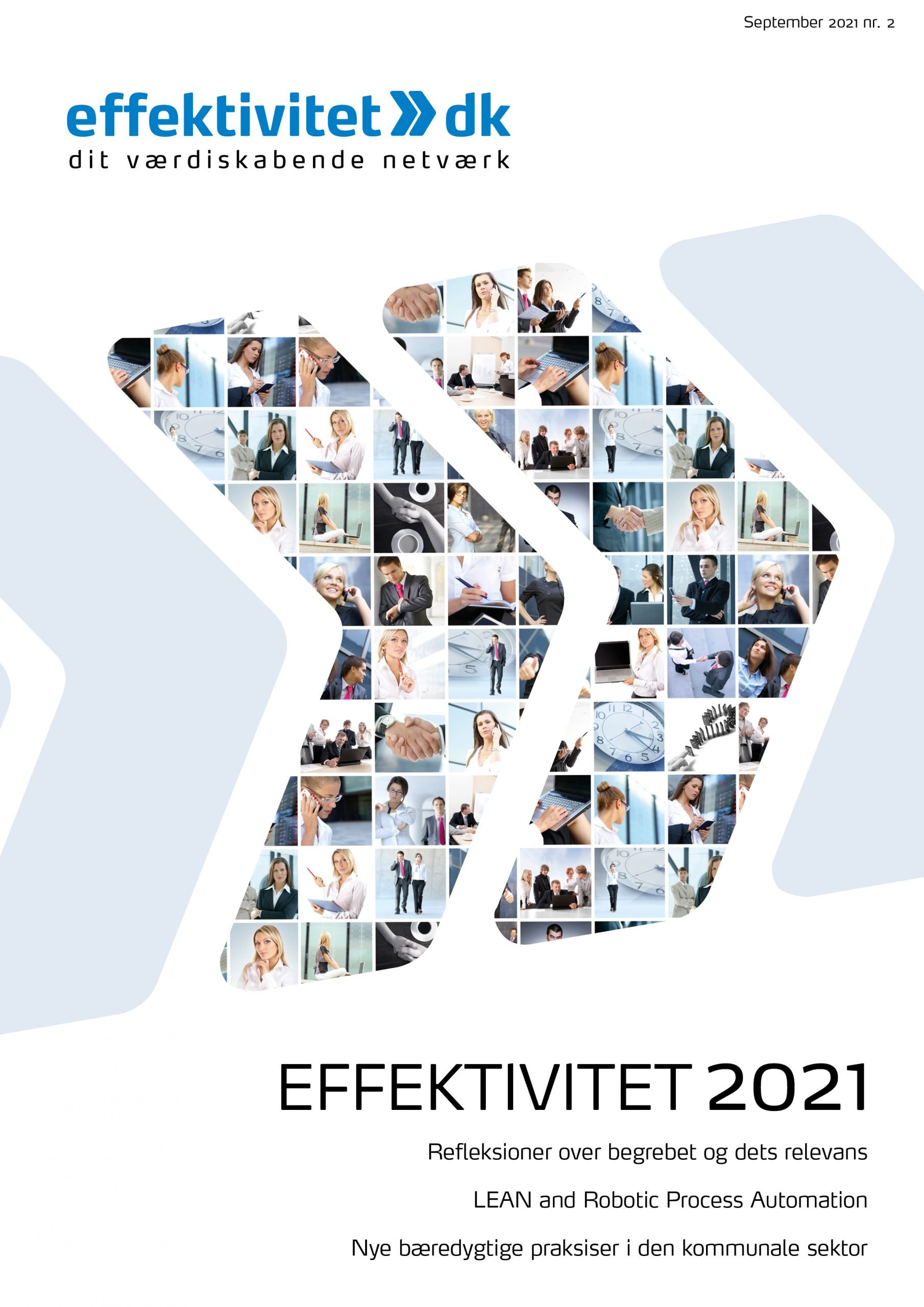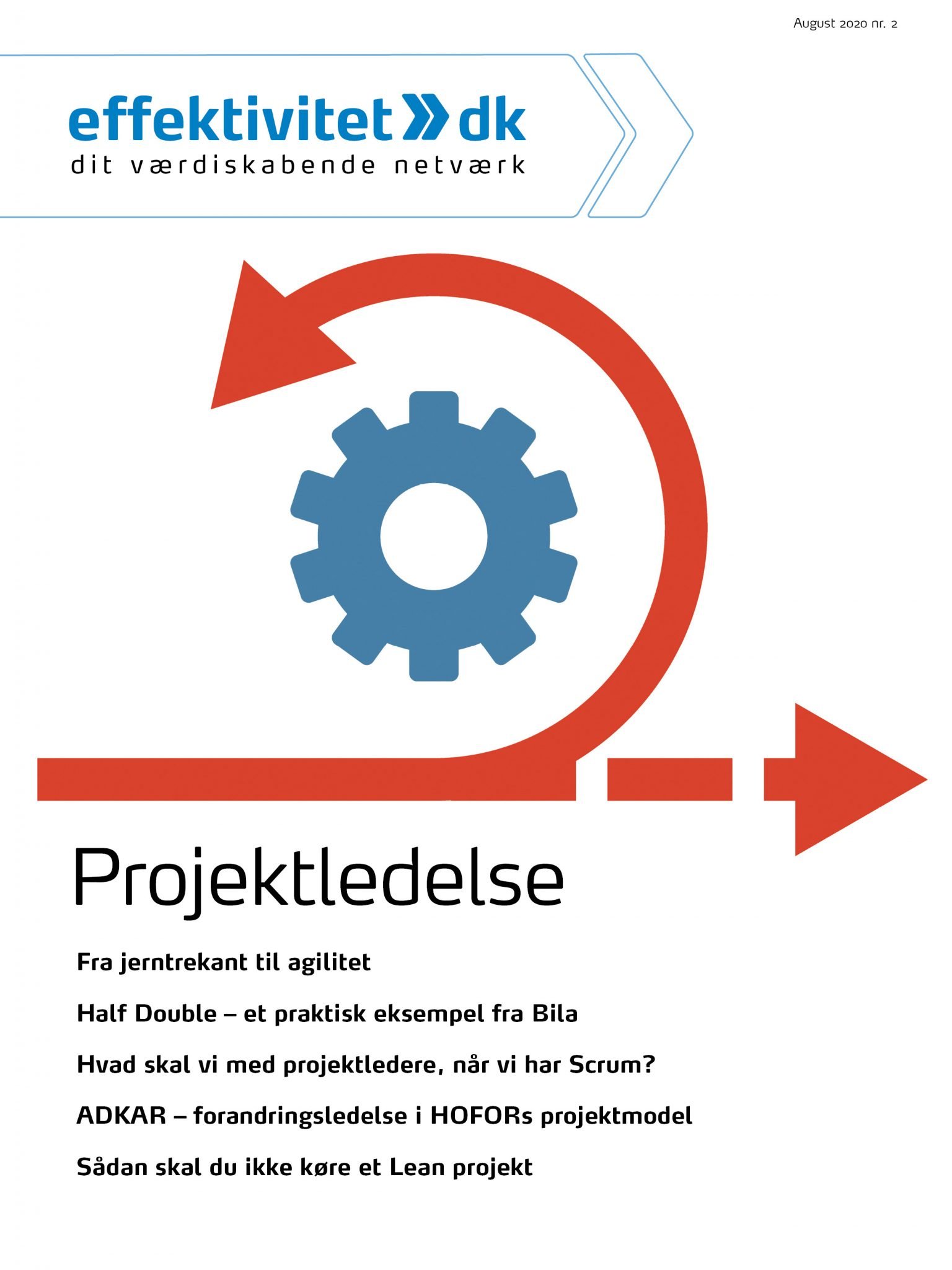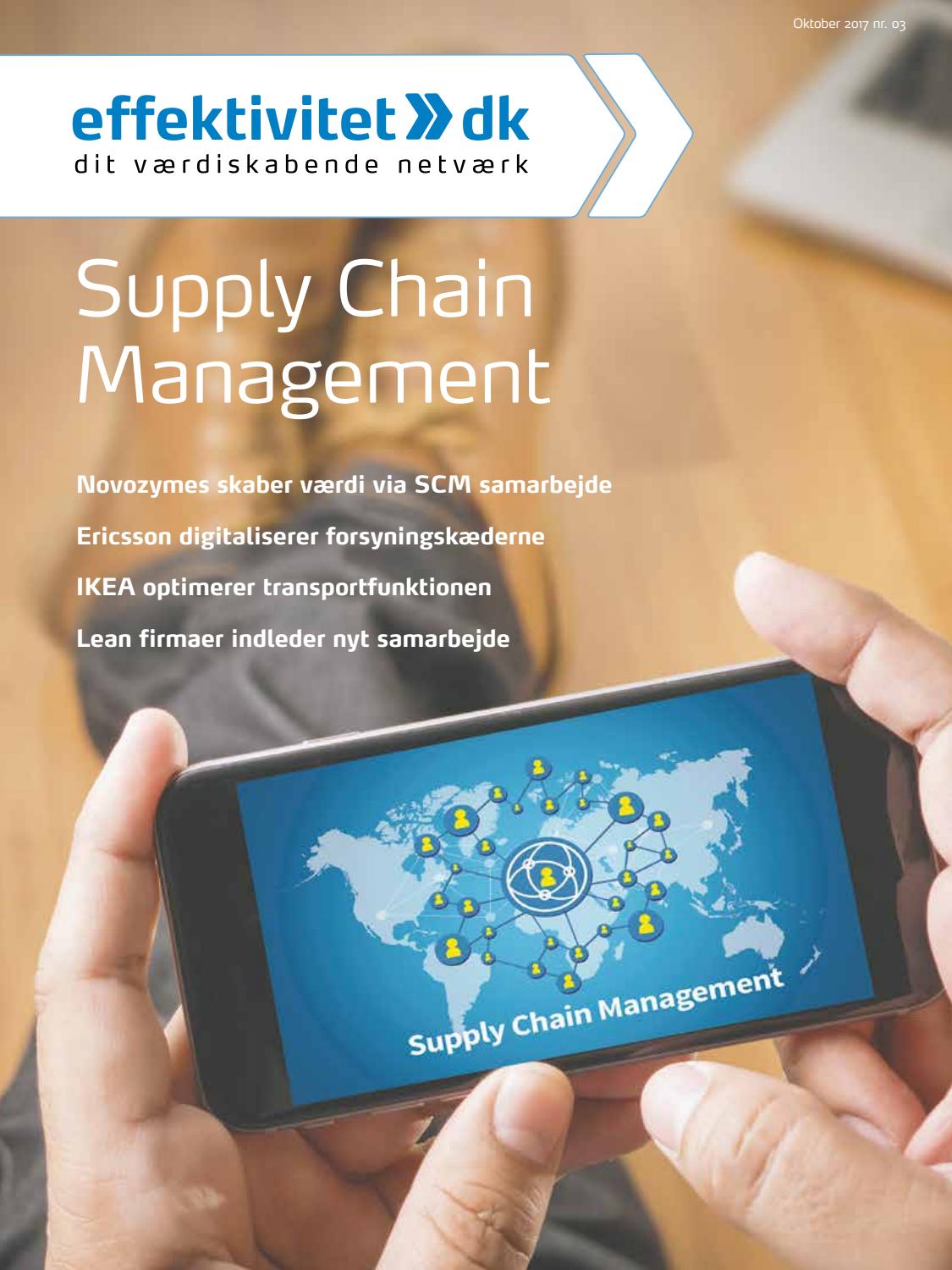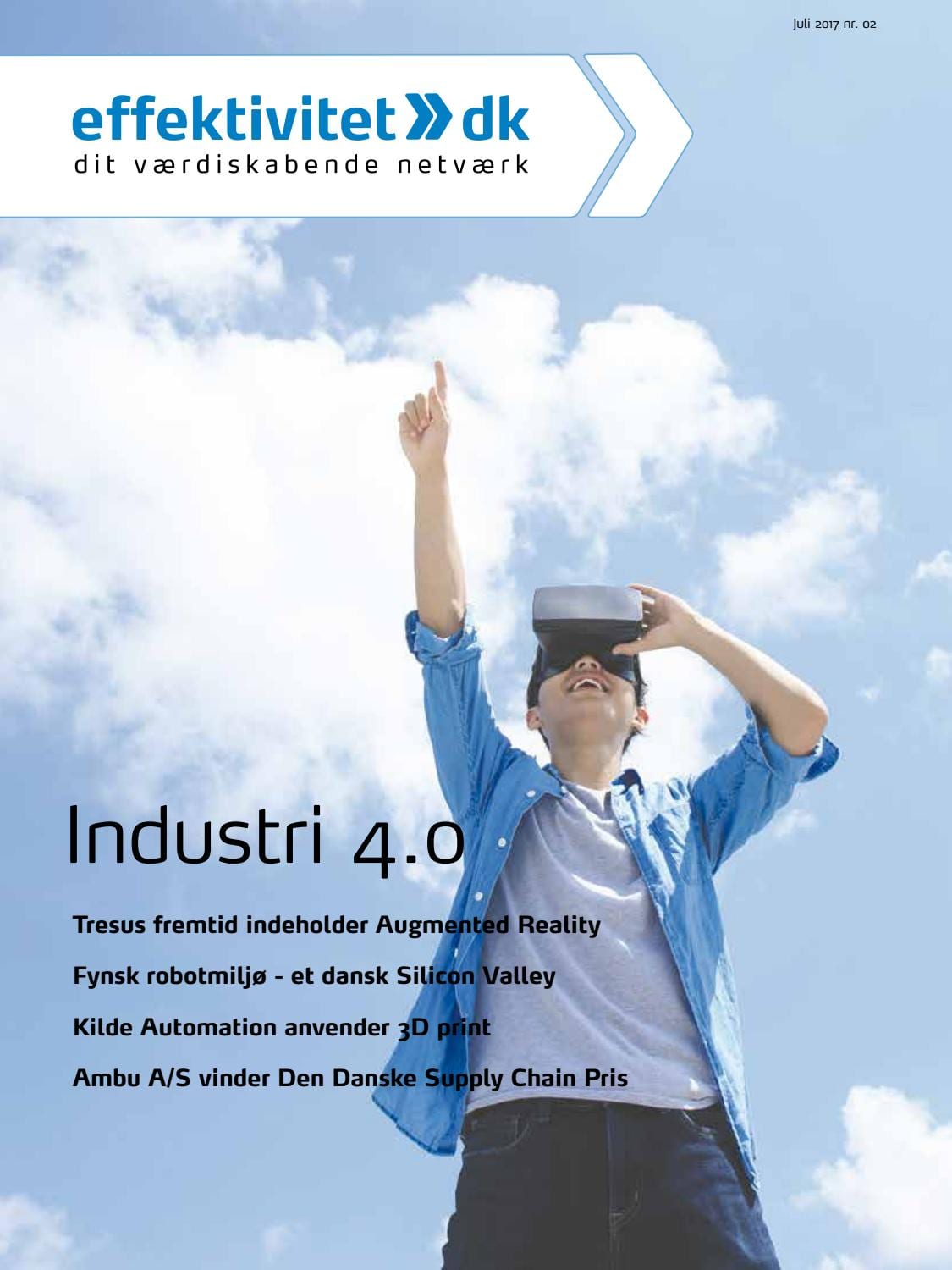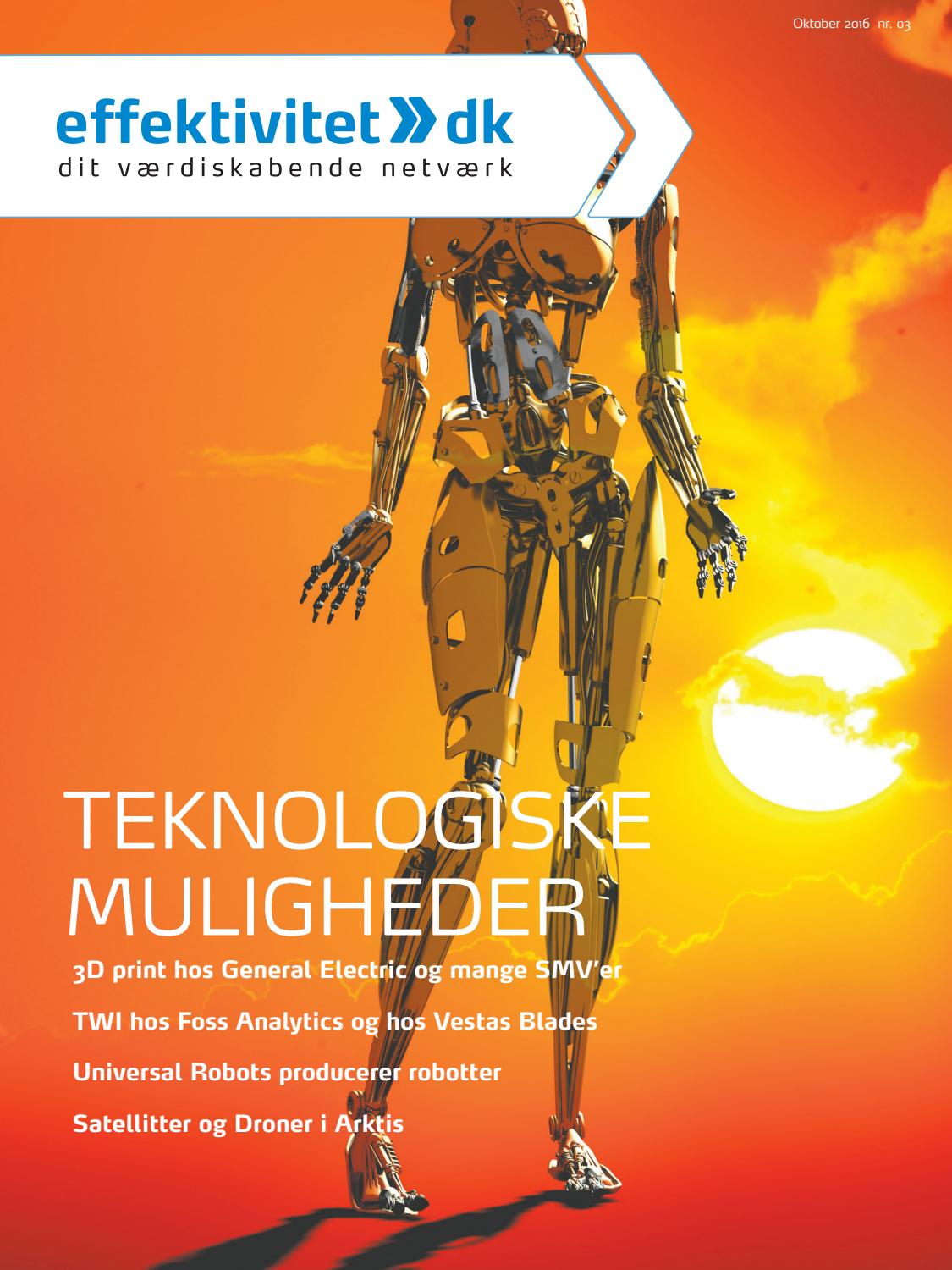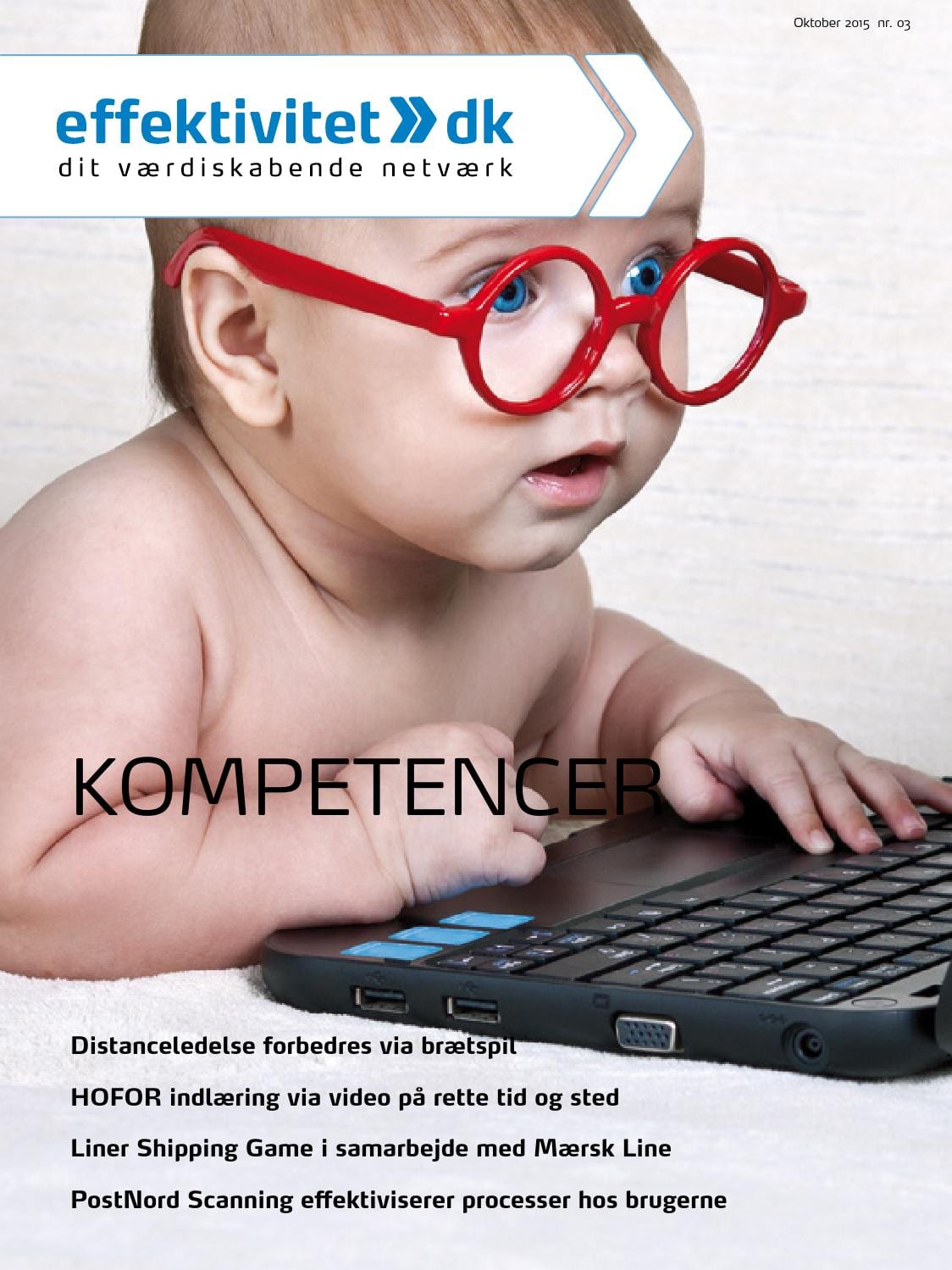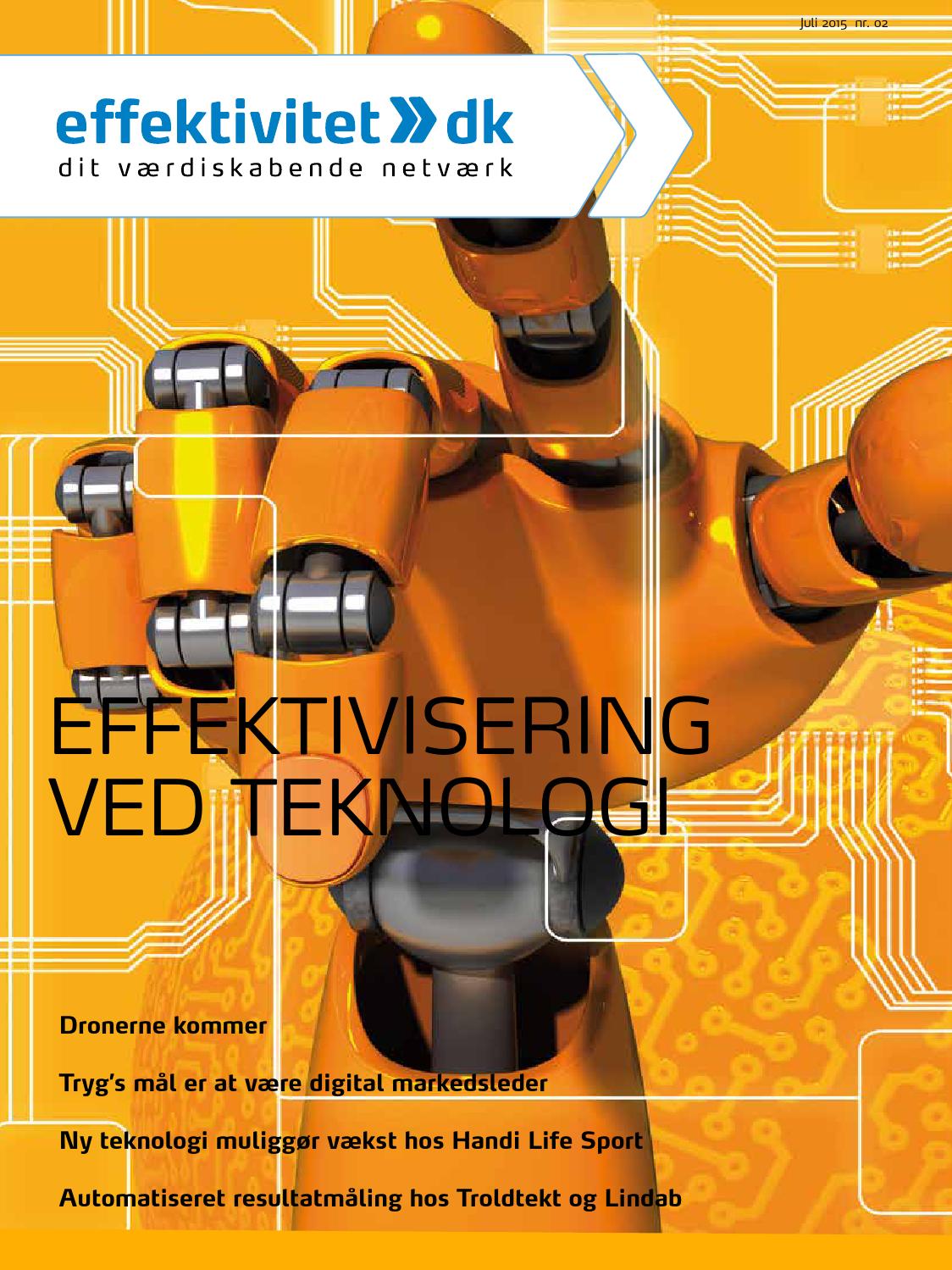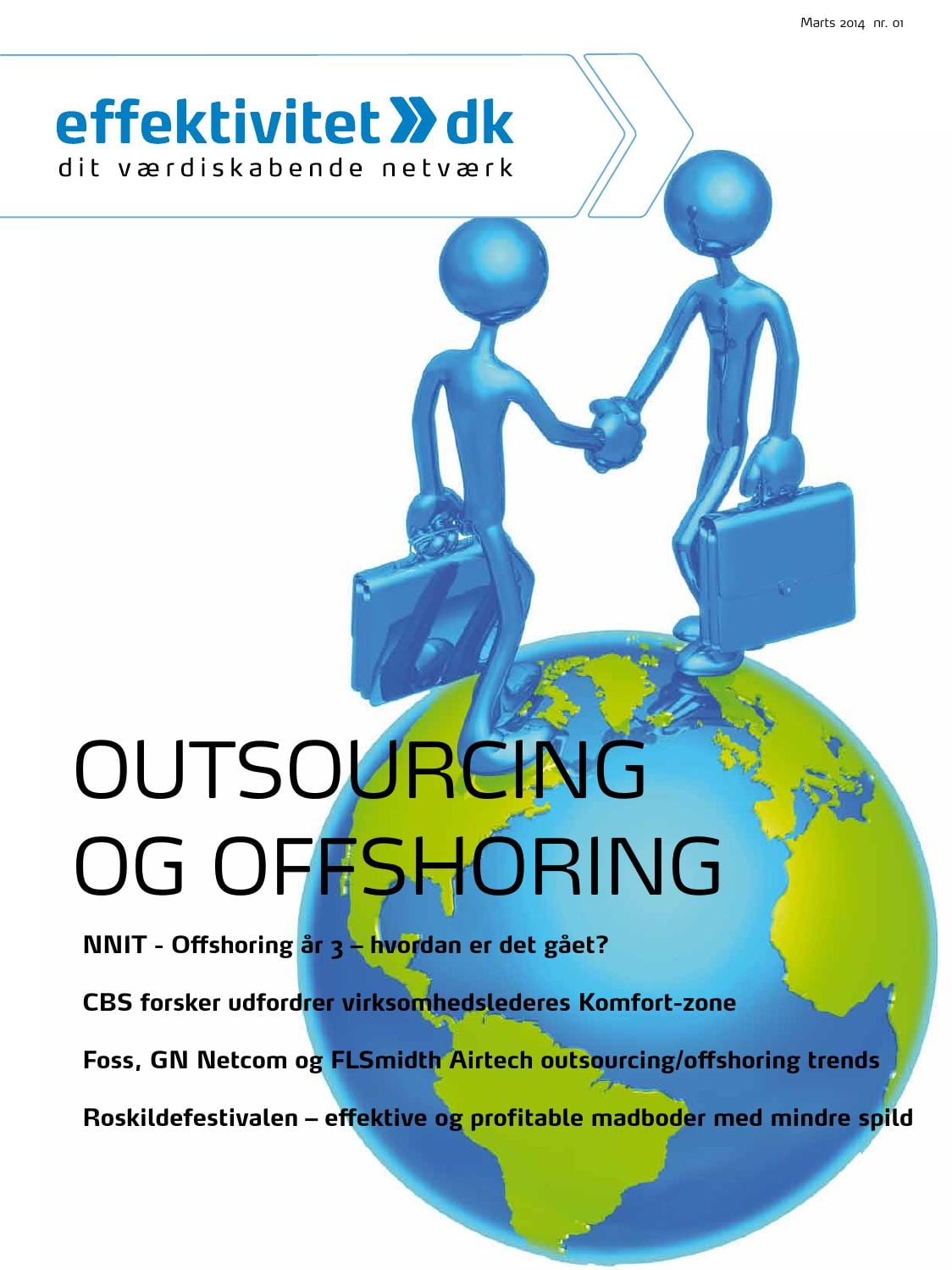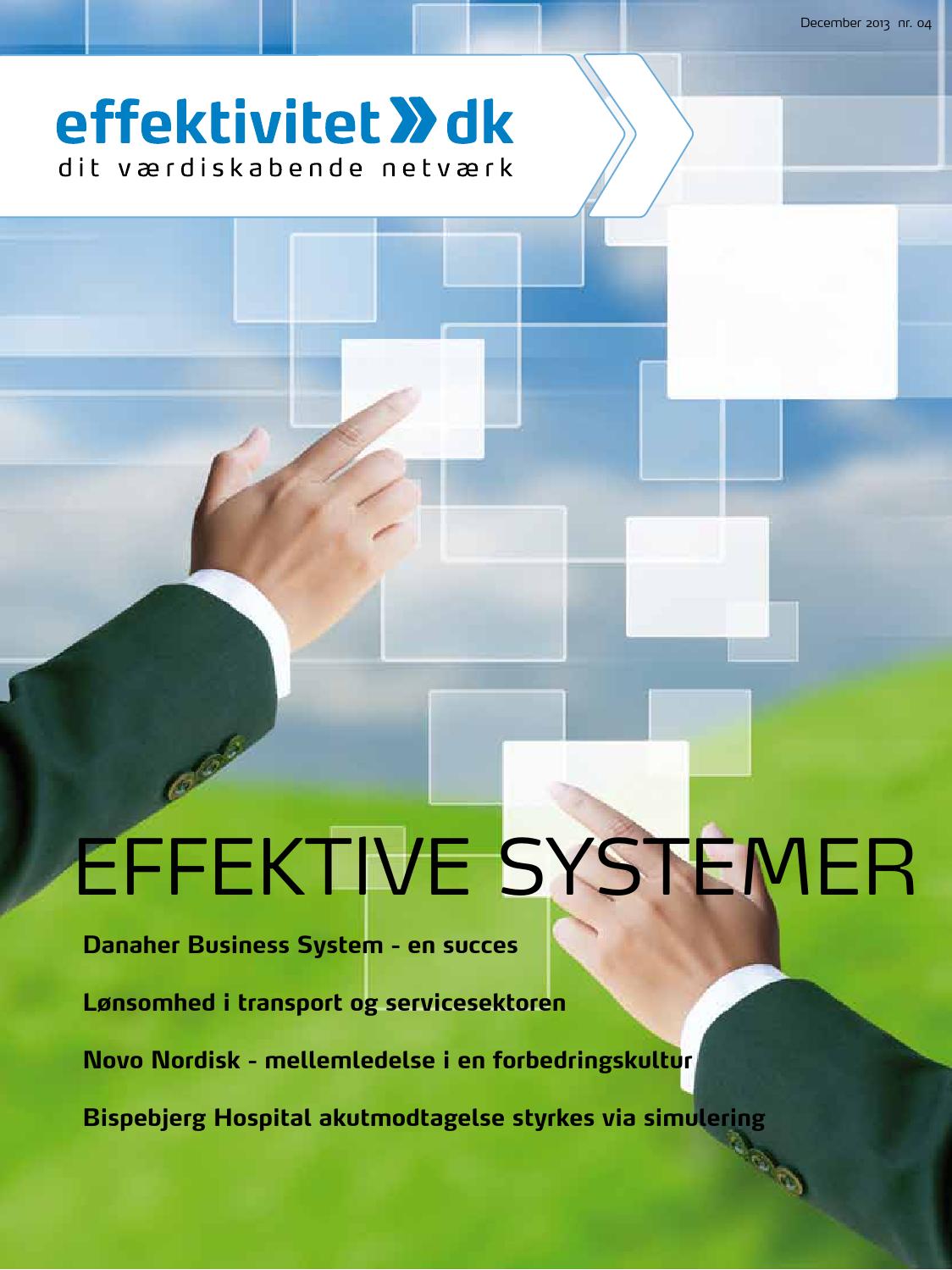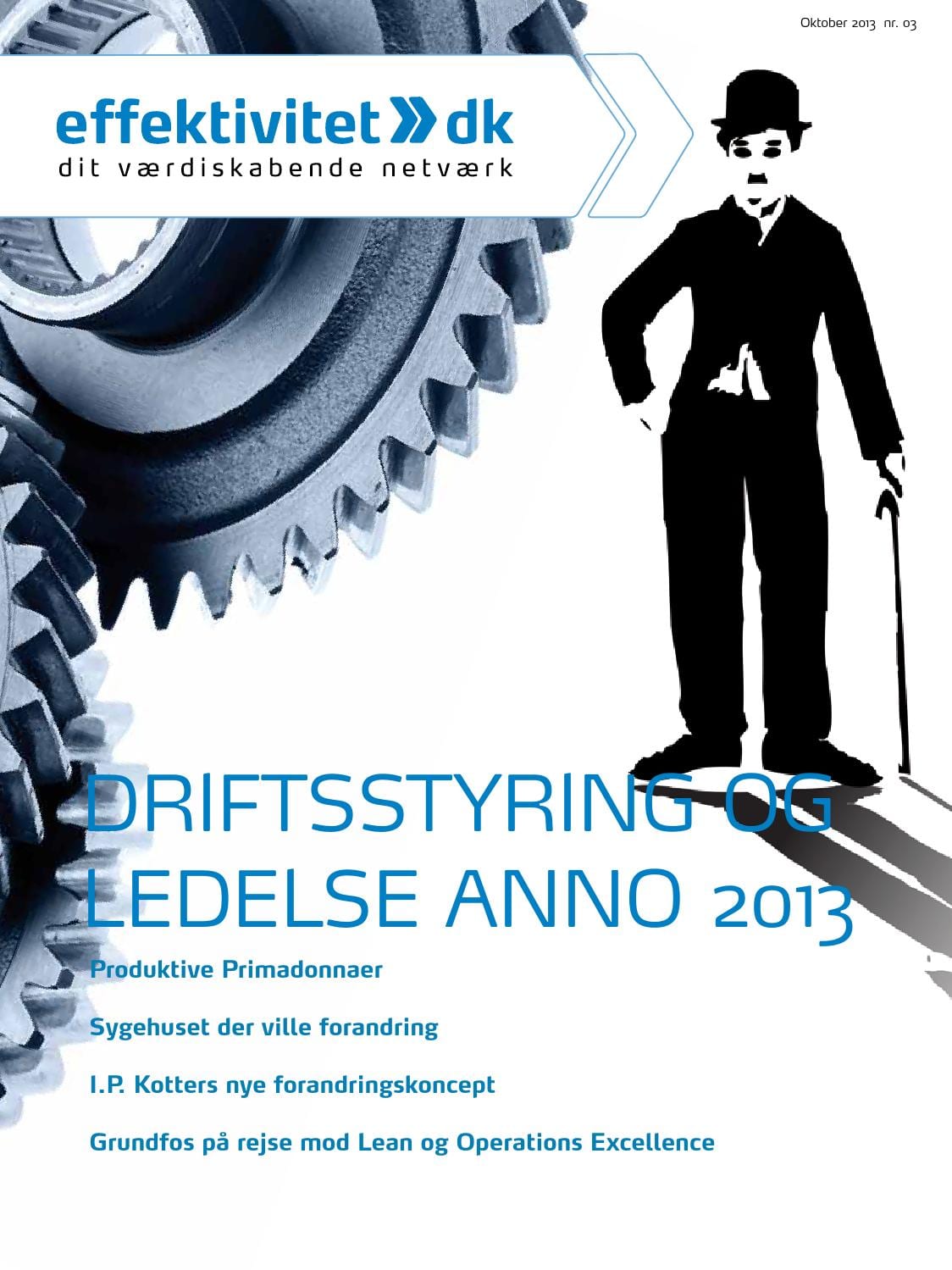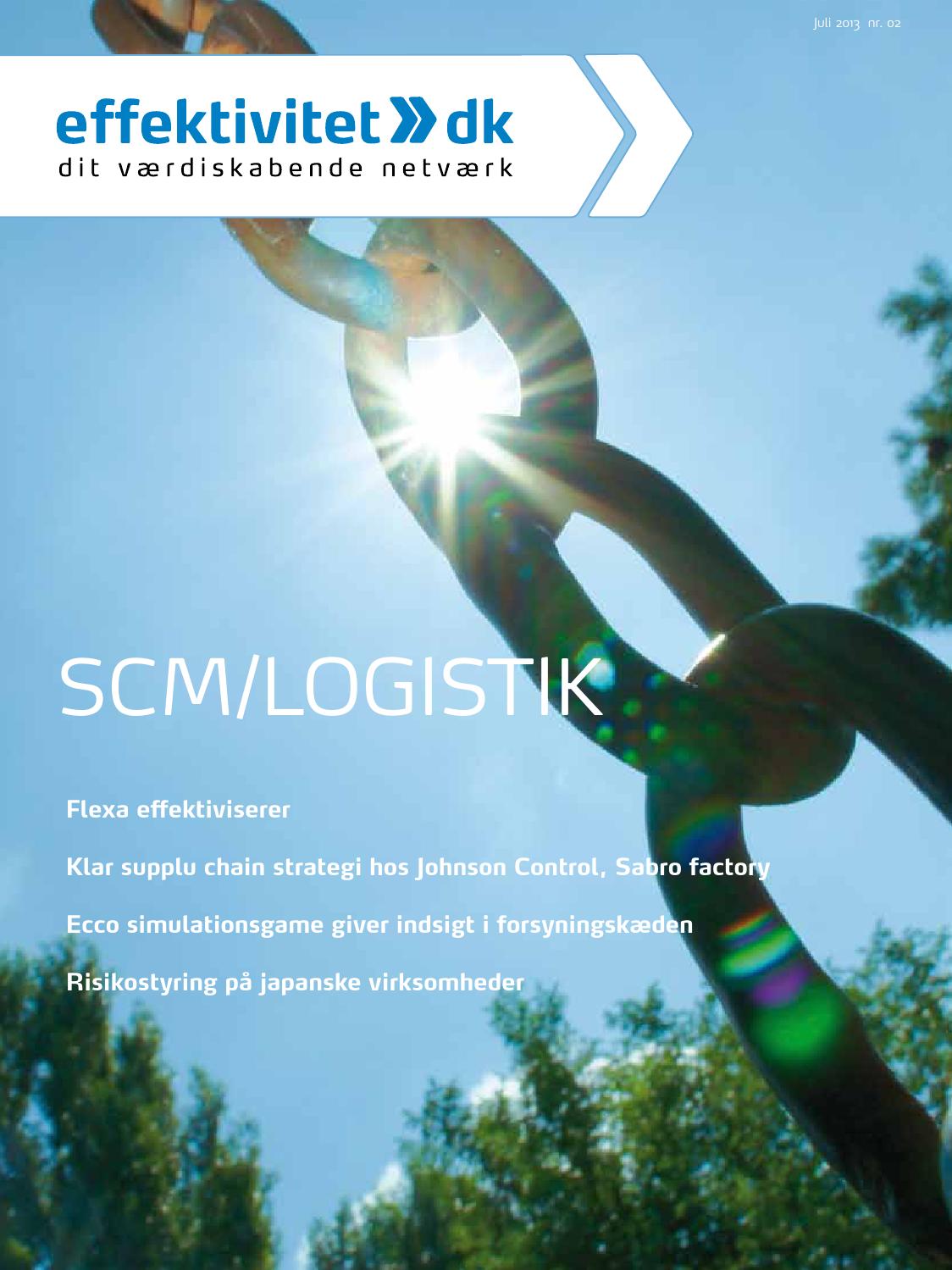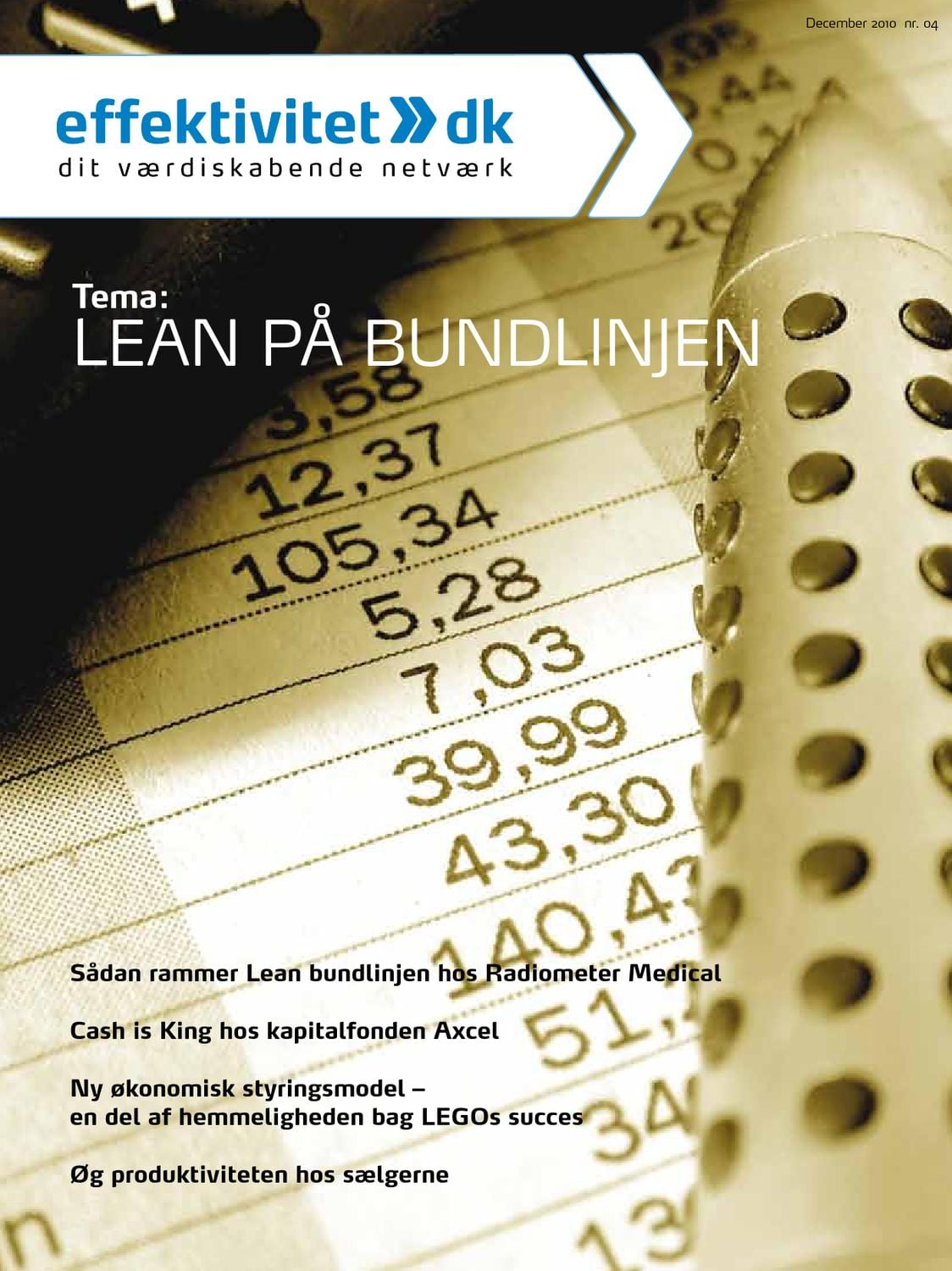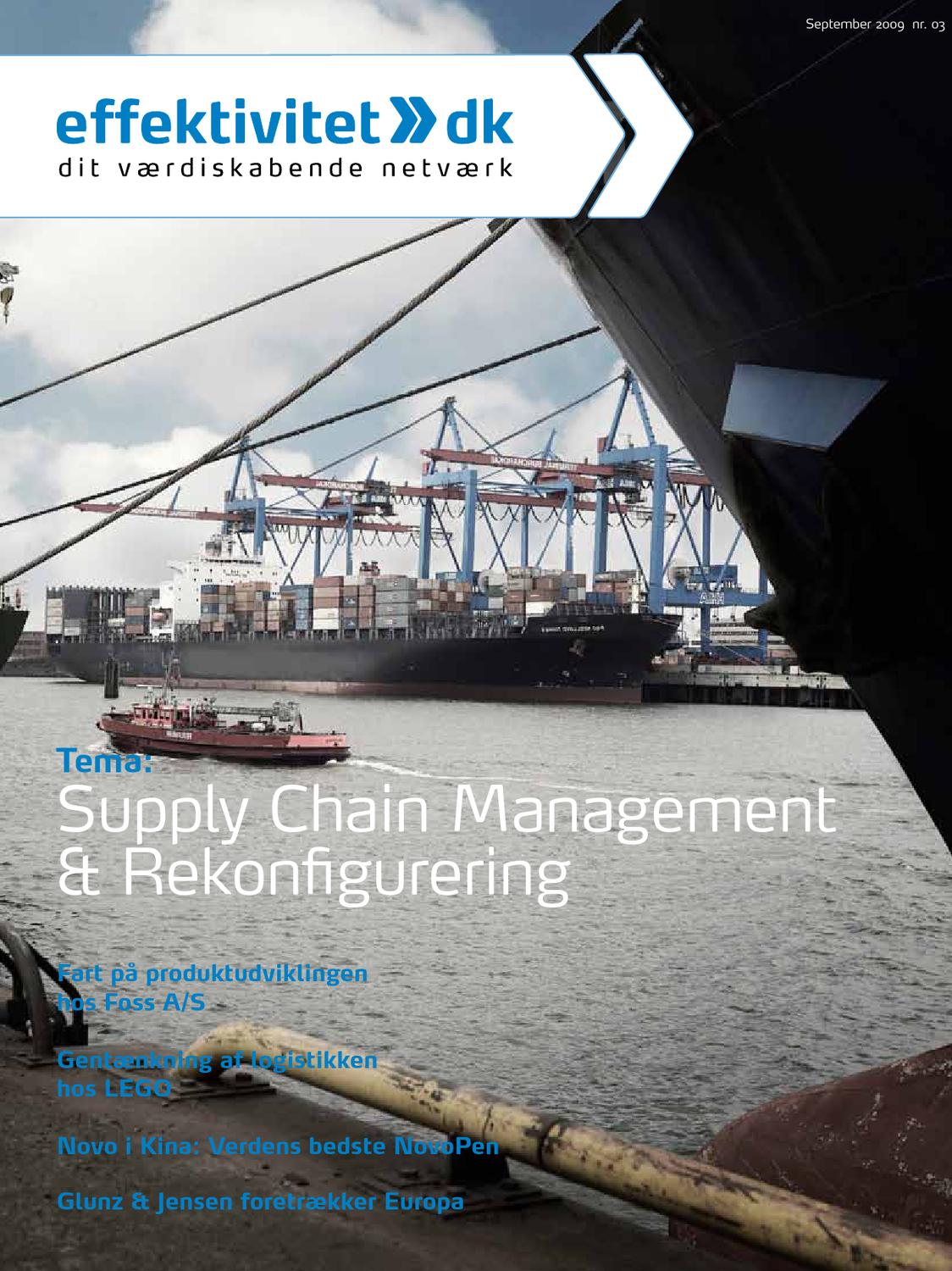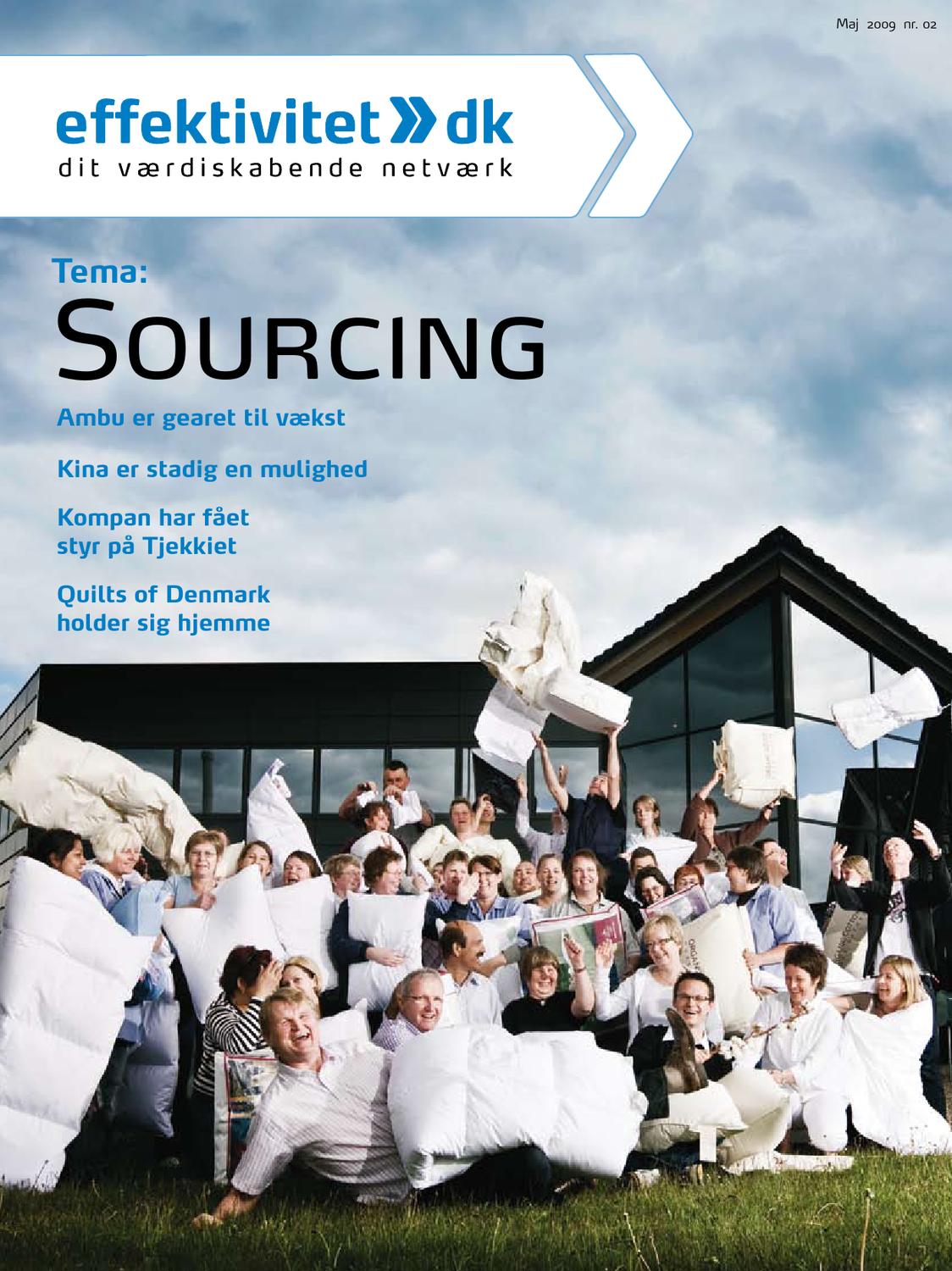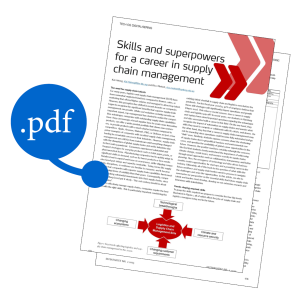 Skills and superpowers for a career in supply chain management
Skills and superpowers for a career in supply chain management
The need for supply chain talents
For many years, logistics and supply chain management (SCM) have been somewhat neglected functions compared to finance, sales, or marketing that offered higher salaries and managed to attract top talent. However, this perception has shifted in recent decades as companies began to recognize the significant benefits that superior supply chain management can provide. While cost reduction certainly remains an important aspect, top management has started to realize the competitive advantages companies with outstanding supply chain capabilities have: they can leverage a broad supplier base to create more innovative products, can offer a wider product portfolio that draws new customers, or provide products with a much shorter lead time compared to competitors. Apple, Amazon, Walmart, P&G, or Unilever are just a few prime examples of companies with excellent supply chain management, leading to remarkable success in their industries. However, supply chain management was still far from mainstream until everything changed with the disruptions of global supply chains and entire industries due to the Covid-19 pandemic. Consumers experienced substantial and frequent shortages for everyday products such as toilet paper, pasta, or pharmaceutical items. Manufacturing companies had to quickly adapt to significant shifts in demand, such as for home products or face masks. Retailers had to expand and focus on ecommerce, while shipping companies faced port delays and capacity constraints. Today, terms like supply chain, disruptions, or resilience are familiar to everyone, and it became evident that companies with superior supply chain capabilities fared much better during times of volatility than their peers. Consequently, companies are making substantial investments into their supply chains, since – as Bloomberg (2021) put it nicely – “the 21st century should be about supply chains”.
In order to effectively manage supply chains, companies require the best talent with the right skills. This is particularly important considering the existing talent shortfall in supply chain and logistics even before the pandemic. For the fiscal year 2022/23, 92% of employers believe that these skill shortages will significantly impact operations and growth (Hayes 2022). This raises a crucial concern: does a career in supply chain and logistics pay off? In recent years, our students in Hamburg and Sydney have raised important questions regarding the advantages and risks associated with a career in this field. On the one hand, they recognize the impact of automation on supply chains and wonder what skills they need to compete or collaborate with AI, robots, and drones. On the other hand, they fear that a career in supply chain management may not be rewarding since operations could become fully automated and go “dark” soon. Similarly, students express concerns about the shortening of supply chains due to geopolitical tensions and environmental concerns, and question the availability of global career opportunities in the future. However, the positive reactions certainly outweigh the concerns. We find that students clearly understand the importance of addressing climate change, social issues, and resource scarcity in supply chains through smart approaches such as collaboration, transparency, and better planning. Also, the emergence of technology and data-driven business models creates opportunities for start-ups and a promising career in the industry. Ultimately, all of this leads to the question of what skills the future workforce and supply chain leaders need to possess to navigate the challenges and seize the opportunities. In this article, we aim to summarize our perspective on the essential skills that future supply chain talent and leaders must develop, drawing on our extensive research and interviews with stakeholders.
Trends shaping required skills
To grasp the skills required we propose to consider the four big trends illustrated in Figure 1, all of which affect the jobs of supply chain and logistics managers today and in the future.

Figur 1: Key trends affecting logistics and supply chain management in the 2020s.
Technological breakthroughs. Advancements in computing power, cheap sensor technology, and internet communication lead to significant technological breakthroughs. Voice-enabled smart assistants like Amazon’s Alexa, recommendation engines like seen on Netflix, and driver support systems such as Tesla’s autopilot enhance the consumer experience. Likewise, SCM benefits from technologies like optimized real-time truck routing, contactless data exchange, AI-supported planning, and blockchain authentication. However, these are just the beginning, with numerous SC 4.0 technologies currently being tested. Technologies such as advanced robotics, IoT, and SC analytics, promise to boost efficiency, agility, and customer orientation. While technology offers advantages, challenges like cyber security and potential loss of human capabilities evolve and need consideration.
Climate and resource security. Increasing public awareness of climate change and resource scarcity has led to global efforts to limit carbon emissions. Logistics and supply chain management play a role in reducing CO2 emissions through superior supply chain practices. Additionally, the rapid consumption of resources poses challenges for economic growth and raw material acquisition. With rare earth metals and metals like lithium and cobalt in high demand, access to raw materials will become a widespread challenge. Consequently, managers must review transportation and manufacturing networks, form alliances to reduce emissions, adopt new technologies, and make trade-offs between agility and environmental responsibility.
Changing customer requirements. Customer-centricity is crucial in SCM, but customer expectations have grown exponentially. Customers now expect customization, fast delivery, and instant gratification, influenced by the “Amazon effect.” To cope with diverse operational requirements, segmentation of customers is necessary – also in B2B context. Enabling market shifts towards e-commerce (e.g., during Covid-19) or quickly adjusting SCs during disruptions (e.g., due to the global chip shortage) offer competitive advantages. New business models, exemplified by ultra-fast textile retailers, reduce time to market and enhance agility, resulting in substantial competitive advantage.
Changing ecosystems. Technological advancements, market concentration, and evolving consumer preferences have transformed many ecosystems. New market entrants, geopolitical disruptions, omni-channel distribution, new product categories, and shifts in global trade patterns have reshaped logistics and supply chain management. Automation and sustainability considerations have affected warehouses, distribution centres, and the last mile. The COVID-19 pandemic has accelerated these changes, highlighting the need for resilient and agile SCs. Career opportunities arise from the profitable cargo logistics business or demand peaks, emphasizing the potential for innovation and growth across all areas of the supply chain.
Skills for success
To obtain a comprehensive overview of the future skills for success, we have asked leading academics and senior managers in the field of Logistics and Supply Chain Management for the top three skills and capabilities required to enable a successful supply chain career. The study involved 31 academics and 25 senior managers from various universities, business schools, and companies. The participants agreed that professionals need a diverse set of skills to navigate the challenges and opportunities that arise. These skills can be broadly categorized into three “superpowers”: technical skills, interpersonal and soft skills, as well as interdisciplinary skills (See Table 1). Technical skills encompass the analytical capabilities that enable professionals to leverage data emerging technologies, and optimization techniques to drive operational excellence and make data-driven decisions. Interpersonal and soft skills are considered essential for effective collaboration, communication, and leadership within cross-functional teams and with external stakeholders.
Tabel 1: Supply chain career skills
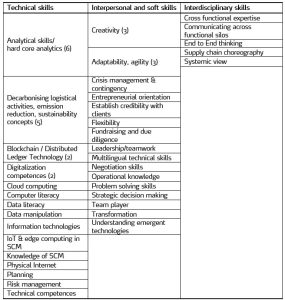
Note: the numbers in parenthesis indicate how often a skill was mentioned.
Finally, interdisciplinary skills bridge the gap between different disciplines and domains, enabling professionals to think holistically and address the broader challenges of sustainability, resilience, and strategic decision-making in supply chain operations. Each of these skill categories plays a vital role in shaping the success and effectiveness of supply chain professionals in the ever-evolving SCM landscape.
With respect to technical skills, respondents emphasized the significance of certain technical skills in SCM that are essential for professionals to excel in their careers. Analytical skills and hard-core analytics were identified as paramount in enabling future SCM leaders to navigate the complexities of global supply chain networks. The ability to analyze data, interpret patterns, and make data-driven decisions is crucial for optimizing supply chain processes, identifying cost-saving opportunities, and enhancing operational efficiency. Proficiency in data manipulation, data literacy, and information technologies enables supply chain professionals to leverage the power of data to gain insights, drive innovation, and make strategic business decisions. Furthermore, expertise in emerging technologies such as blockchain, cloud computing, and the Internet of Things (IoT) empowers professionals to leverage these tools for enhanced supply chain visibility, process automation, and improved decision-making. Technical skills also encompass knowledge of supply chain planning, risk management, and optimization techniques that allow professionals to tackle supply chain disruptions, manage uncertainties, and optimize resources effectively.
The pandemic reinforced the importance of interpersonal and soft skills in SCM. We find a strong need for creativity, flexibility, and adaptability to navigate the challenges posed by disruptions and changing market dynamics. In a volatile and uncertain environment, supply chain professionals need to think innovatively, explore alternative solutions, and adapt their strategies accordingly. Effective communication across functional silos emerged as a critical skill for fostering collaboration and coordination among different departments within an organization. Establishing credibility with clients and stakeholders is also crucial for building strong relationships and driving successful supply chain partnerships. Additionally, skills in crisis management and contingency planning were identified as essential to handle unforeseen disruptions and mitigate their impact on supply chain operations. The ability to work as a team player and collaborate effectively with cross-functional teams is imperative for addressing complex challenges and ensuring smooth supply chain processes.
Finally, we identified the importance of interdisciplinary skills in SCM. SCM is a multifaceted field that requires a holistic approach to address its complexities. Cross-functional expertise was identified as a key skill, enabling supply chain professionals to understand and collaborate with different functions within an organization. The ability to think end-to-end and consider the entire supply chain from procurement to delivery is crucial for optimizing processes, reducing inefficiencies, and enhancing overall supply chain performance.
Implications for supply chain talents
What does this mean for SCM talents? Certainly, nobody is a superman or superwoman who needs to completely master all skills mentioned above. The profile is ultimately very dependent on the aspirations and the personality of the talent. We know that the current generation of SC talents differs significantly from their predecessors who started their careers ten to twenty years ago. Unlike earlier logistics and SC managers, who often learned on-the-job or were mostly self-taught, the new generation benefits from comprehensive training programs and formal education. Many of today’s talent pool hold bachelor’s and master’s degrees in relevant fields or have received professional training and certification. As a result, they possess the ability to understand and apply the latest tools and technologies and, more importantly, take a cross-functional, end-to-end perspective on SC processes to address challenges and assume leadership roles across different functional silos.
The siloed organization, where functions optimize themselves without considering the effects on other functions and overall firm profitability, has been a significant challenge for SC managers over the years. For instance, logistics departments often focused on minimizing transportation costs by choosing slow and unreliable carriers, while sourcing and procurement departments sought the cheapest suppliers without considering volume flexibility. Meanwhile, manufacturing departments aimed to minimize unit production costs by increasing batch sizes. Adopting a cross-functional perspective to achieve the best possible outcomes for the entire company is where today’s and future SC leaders can add value. Aligning these perspectives and discussing trade-offs has become an essential task for SC managers.
The need for SC talents and leaders now extends beyond the logistics industry and encompasses a wide range of industries. While manufacturing and retail industries traditionally offer attractive entry and career opportunities for SC professionals, there is now a growing demand for individuals with analytical, cross-functional, and communication skills in other sectors such as consulting and banking. However, the relative importance of these skills varies depending on the specific job profile. Graduates are advised to determine whether they want to become specialists or generalists to tailor their skill development accordingly. Those interested in an end-to-end perspective on SC process improvement may focus on broad skills, while others who prefer in-depth expertise may concentrate on specific areas such as demand forecasting, production planning, or truck routing. The skills requirements differ significantly based on the intended focus.
In the future, more digital SC organizations will emerge along with many more specialized roles. For instance, a predictive demand management unit may evolve from the current demand planning teams, requiring professionals with qualitative skill sets as well as data science expertise. Market experts need commercial acumen and the ability to understand and communicate with sales teams, evaluate the impact of promotions, and grasp competitor dynamics. Data Scientists will work with AI, fine-tune, and optimize it to ensure data streams feed into the predictive models. Finally, demand managers will play a different role, managing exceptions and providing human input in crisis situations. Their skills resemble those of historical demand planners, combining commercial and SC knowledge, problem-solving, and communication skills. This example demonstrates the diverse roles that will exist in the future, with each requiring different skills. Some positions may benefit from a cross-functional career path, while others may require a more focused approach. Education and training should remain flexible and open-minded to cater to these varied career paths and excel in leadership positions.
For students, the ability to learn continuously and adapt to changing environments and demands is crucial. The perception of university degree programs has shifted. With studying SCM now seen as valuable preparation for a successful and financially rewarding career, offering in-depth technical foundations and essential soft skills. This applies not only to MBAs but also to Master’s and Bachelor’s students. The advantage for today’s students is the availability of specialized degree programs tailored for careers. Many degree opportunities have emerged globally in recent years. It is important to note that key skills for students now include not only empathy but also agility, which involves continuous learning and adaptation to a rapidly changing business landscape, placing new demands on successful leadership. The transformations brought about by AI, automation, and machine learning are reshaping the work landscape continuously and force employees to learn working accordingly.
For professionals, lifelong learning is essential due to the rapid obsolescence of knowledge and the need to stay familiar with emerging trends and approaches throughout their careers. While soft skills like negotiation and creativity are important, technical skills (such as data analytics and sustainability knowledge) are even more critical. Professionals working in supply chain can access various sources for continuous learning, including universities, professional bodies, specialized online services, and more. Many universities offer MBAs and executive education programs that combine theory with practical experience. Executive education programs delve into specific current topics, such as sustainability in logistics, data leveraging in SCM, and the impact of technology trends on work environments. Over the past decade, numerous professional organizations and trade associations supporting LSCM professionals have emerged worldwide. Major bodies such as the Council of Supply Chain Management Professionals (CSCMP), the German Logistics Association Bundesvereinigung Logistik (BVL), the British Chartered Institute of Logistics and Transport (CILT), and the US Association for Supply Chain Management (APICS) offer access to training programs and extensive networks, enabling professionals to find solutions to specific challenges and advance their careers. Additionally, the availability of online services is expanding, with platforms like MIT’s EDx offering a variety of popular SC courses that can be completed at no cost, and corporate players like Amazon and WiseTech Global providing their own professional education services. The COVID-19 pandemic has also led to a significant increase in webinars, web conferences, and podcasts focused on supply chain-related topics. Ultimately, professionals must choose the best learning resources and approaches to stay up-to-date throughout their lifelong learning journey. The growing range of services available in the sector provides opportunities for all professionals, and leveraging these resources from an early stage is crucial for a successful career in the field.
How to build your superpower?
Our findings suggests that there are no immediate “superpowers,” but rather a combination of technical skills, soft skills, and cross-functional skills that are essential for sustained success in logistics and supply chain management. In line with Forbes’s (2021) claim that “Forget Finance. Supply Chain Management Is the Pandemic Era’s Must-Have MBA Degree” our results confirm that a career in logistics and supply chain management can be rewarding. However, the evolving nature of supply chains calls for a proactive approach of professional development to adapt to the trends illustrated earlier. To start a career journey in this industry, we recommend the following actions (See Figure 2).
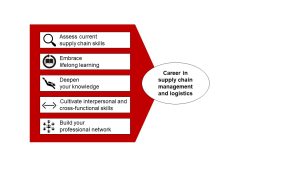
Figure 2: Recommend actions for a career in SCM and logistics
We suggest beginning by assessing your current supply chain skills and identifying areas for improvement. Consider the three categories of skills outlined in this article and determine which skills are most relevant to your desired career path and prioritize them for development. Next, embrace lifelong learning: Recognize that learning is a lifelong journey, especially in the dynamic field of logistics and supply chain management. Stay updated in terms of industry trends, emerging technologies, and best practices through various channels, such as professional organizations, online courses, webinars, and social networks. Commit to continuous learning to stay ahead of the curve and maintain your competitive edge. Focus on specialized education and certifications that align with your career goals. Look for opportunities to build and deepen your knowledge and capability in areas such as data analytics, sustainability, emerging technologies, and supply chain optimization. Acquiring specialized education and certifications demonstrates your commitment to professional growth and enhances your credibility as a supply chain professional.
Cultivate interpersonal and cross-functional skills: Recognize the importance of effective communication, networking and collaboration in supply chain management. Seek opportunities to develop your interpersonal skills by working in cross-functional teams, volunteering for leadership roles, and participating in networking events. It is important to recall that SCM requires a holistic approach that considers the entire end-to-end process. Foster a systemic view by understanding the interconnectedness and interfaces of various functions within the supply chain. Expand your knowledge beyond your specific domain and strive to understand the broader challenges of sustainability, resilience, and strategic decision-making. This interdisciplinary perspective will position you as a well-rounded supply chain professional. And finally, don’t forget to build your professional network: Connect with professionals in the supply chain field through industry events, conferences, and online communities. Engage in discussions, seek mentorship, and leverage the expertise of others. Building a strong professional network can open doors to new opportunities, provide valuable insights, and foster collaborative relationships.
By taking these actions, you will be on your way building your superpower in supply chain management. Remember, the field is continuously evolving, so embrace change, adapt to emerging opportunities, and remain excited about and committed to ongoing development.
__________________________________
This article is based on the introductory chapter of the book “Global Logistics and Supply Chain Strategies for the 2020s: Vital Skills for the Next Generation“, edited by Rico Merkert and Kai Hoberg. The book brings together the ideas of 33 leading academics from across the globe and 25 senior managers from companies such as DHL, Maersk, Qantas, Jungheinrich, BCG or McKinsey & Company to share their insights about key skills required for a successful career in supply chain management and logistics in this decade. It is available at Springer on this website: https://link.springer.com/book/10.1007/978-3-030-95764-3
__________________________________
 Forfatter: Rico Merkert
Forfatter: Rico Merkert
Rico Merkert is Professor in Transport and Supply Chain Management and Deputy Director of the Institute of Transport and Logistics Studies at the University of Sydney Business School. He has taught and researched at several high-profile institutions such as Cranfield University or Haas Business School (UC Berkeley) and was the Editor-in-Chief of the Journal of Air Transport Management and is now Associate Editor at Transportation Research Part E: Logistics and Transportation Review.
Forfatter: Kai Hoberg
Kai Hoberg is a Professor of Supply Chain and Operations Strategy at the Kühne Logistics University in Hamburg. He has been a visiting scholar at various universities, including Cornell University, the National University of Singapore, and the University of Oxford. Before returning to academia, he was a project manager in the operations team of Booz & Company and now works with many leading companies in his research.






